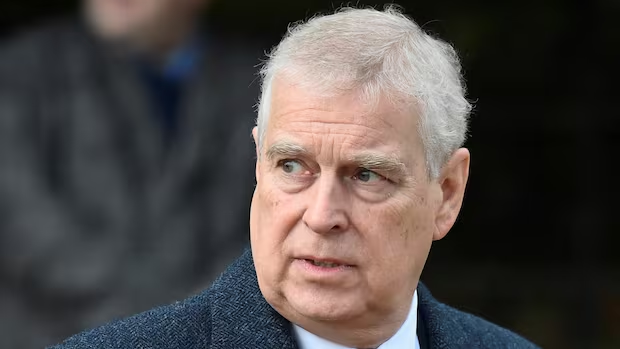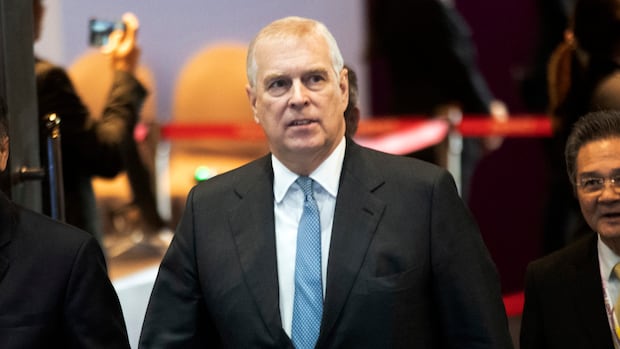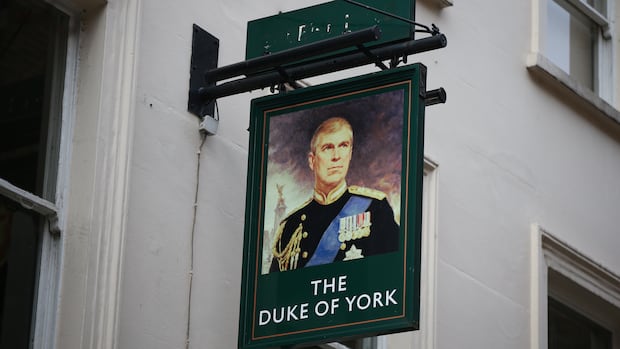As new scandals continued to rise around Prince Andrew, he said Friday that he “will no longer use” his titles or honours.
The Duke of York had stepped back from official royal duties after his disastrous BBC interview in 2019 regarding his friendship with the late convicted sex offender Jeffrey Epstein. Andrew also agreed to settle a lawsuit in which he was accused of sexually abusing Virginia Giuffre.
Recently published excerpts from a posthumous book by Giuffre accused Andrew of being “entitled — as if he believed having sex with me was his birthright.”
Other reports had emerged recently that he told Epstein in an email “we are in this together” after a picture of the royal with his arm around a teenage Giuffre was published in 2011.
In a message late Friday from Buckingham Palace, Andrew said that in discussion with his brother, King Charles, and his immediate and wider family, “we have concluded the continued accusations about me distract from the work of His Majesty and the Royal Family.”
“I have decided, as I always have, to put my duty to my family and country first. I stand by my decision five years ago to stand back from public life.
“With His Majesty’s agreement, we feel I must now go a step further. I will therefore no longer use my title or the honours which have been conferred upon me. As I have said previously, I vigorously deny the accusations against me.”
Prince Andrew said Friday he is giving up his royal title of the Duke of York after his friendship with deceased sex offender Jeffrey Epstein returned to the headlines.
Craig Prescott, a constitutional expert and lecturer in law at Royal Holloway, University of London, said this is “the neatest solution” to the situation involving Andrew.
“It avoids the need for Parliament to get involved. He technically retains the titles, but this is a distinction without a difference. He remains a prince, which shows you can never really truly leave the Royal Family, but this a big step.”
Prescott said the allegations against Andrew are “especially jarring when compared to Queen Camilla’s work on domestic violence and Sophie, Duchess of Edinburgh’s work on sexual violence against women in war zones.”
As reports surfaced earlier Friday suggesting that Andrew was set to give up the Duke of York title, Justin Vovk, a royal historian and member of the advisory board of the Institute for the Study of the Crown in Canada, said he was both surprised and not surprised.
“With the Epstein files, and the new memoir, significantly dismantling Andrew’s presentation of events based on his now-infamous TV interview, it would only be a matter of time before either the Crown or the government would need to take some kind of action.”
Andrew also won’t attend the Royal Family’s Christmas celebrations, Buckingham Palace said.
A posthumous book by Virginia Giuffre, titled Nobody’s Girl, accuses Prince Andrew of being ‘entitled — as if he believed having sex with me was his birthright,’ according to excerpts published in the Guardian. The book is expected to be published next week, almost six months after Giuffre took her own life.
Graham Smith, CEO of the anti-monarchy group Republic, said the idea that losing “pointless titles is a fit punishment” for Andrew must be challenged.
“The royals have been covering for and protecting Andrew for two decades. The public has a right to know who knew what and when,” Smith said in a statement.
“This isn’t one rotten apple, it’s a rotten institution that circles the wagons and does as little as it can in response to serious scandal.”
Prince William gets personal
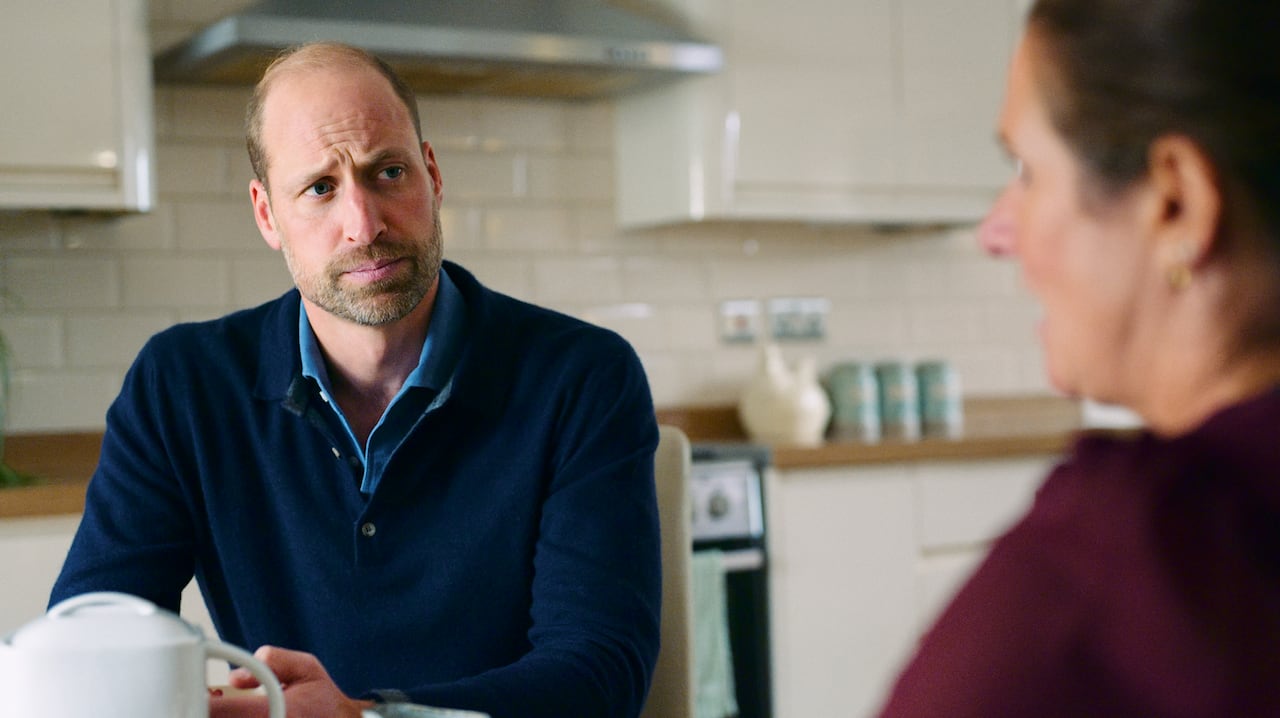
When Rhian Mannings told Prince William about the devastating impact her husband’s death by suicide had on their family, the Prince of Wales seemed visibly moved.
For a moment, it appeared that William couldn’t continue the conversation as they sat at Mannings’s kitchen table in Cardiff, Wales.
“Are you OK?” she wondered aloud.
“I’m sorry, it’s hard to ask you the questions,” he replied, once he found his voice again.
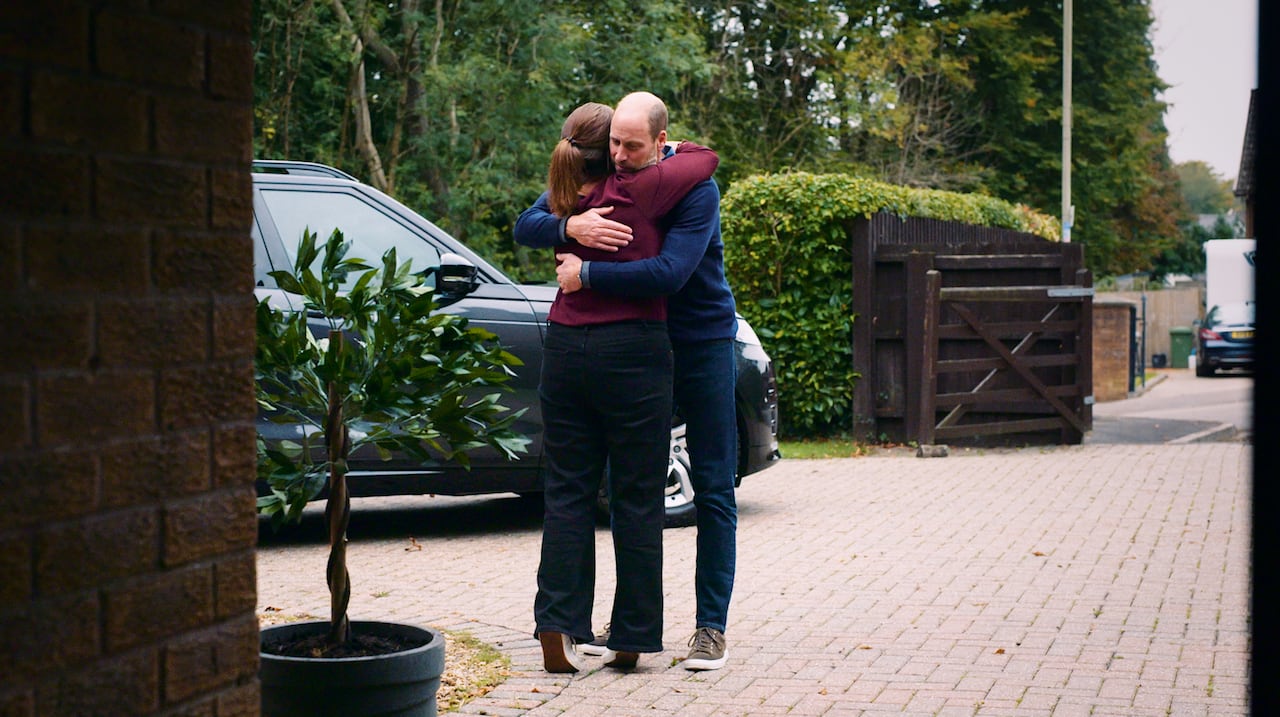
The visit with Mannings featured in a short film released recently on World Mental Health Day. It also coincided with the launch of a suicide prevention network by the Royal Foundation of the Prince and Princess of Wales.
As much as the moment was significant in William and Catherine’s ongoing efforts to break the stigma around suicide and offer support for families and mental health issues, it was also a glimpse of a more personal side of the Prince of Wales that has been on display in the last little while.
A few days before the short film was released, William was front and centre as another small-screen production was released. In it, William took Canadian comedian Eugene Levy around Windsor Castle as part of his Reluctant Traveler series for Apple TV+.
William rolled up for the conversation with Levy on an e-scooter, reflected throughout their time together on his family life — both as a child and now, three decades later, with children of his own — and seemed quite comfortable sitting down for a pint in the local pub with his guest.
The appearances with Mannings and Levy have been an opportunity to see a “more visible personal touch” from William, Vovk said.
“I think this is part of a broader agenda with him to start signalling what the monarchy is going to look like under him.”
The Prince of Wales was interviewed by actor Eugene Levy, host of The Reluctant Traveler, and opened up about personal struggles and what type of change he might bring to the U.K. monarchy if he becomes king.
Vovk said he was “stunned at the Eugene Levy interview simply on the basis of the fact that the Royal Family historically … don’t do these sorts of entertainment engagements.”
“Just the fact that William did that episode was, in my opinion, a huge shift in terms of the accessibility of the Crown, the directions he wants to be taking it in the future.”
That’s not to say these were all moments of unbridled candour unfolding spontaneously.
“It’s endearing and effective, but it is state-managed, there’s absolutely no doubt about that,” Chandrika Kaul, a professor of modern history at the University of St. Andrews in Scotland, said in an interview.
Kaul was “very impressed, but also rather taken aback by the degree of informality” William showed.
And she was “very touched” when William became emotional talking to Mannings.
“I mean, I don’t think one can script that in any way. And there’s no doubt that William is a very empathetic [person].”
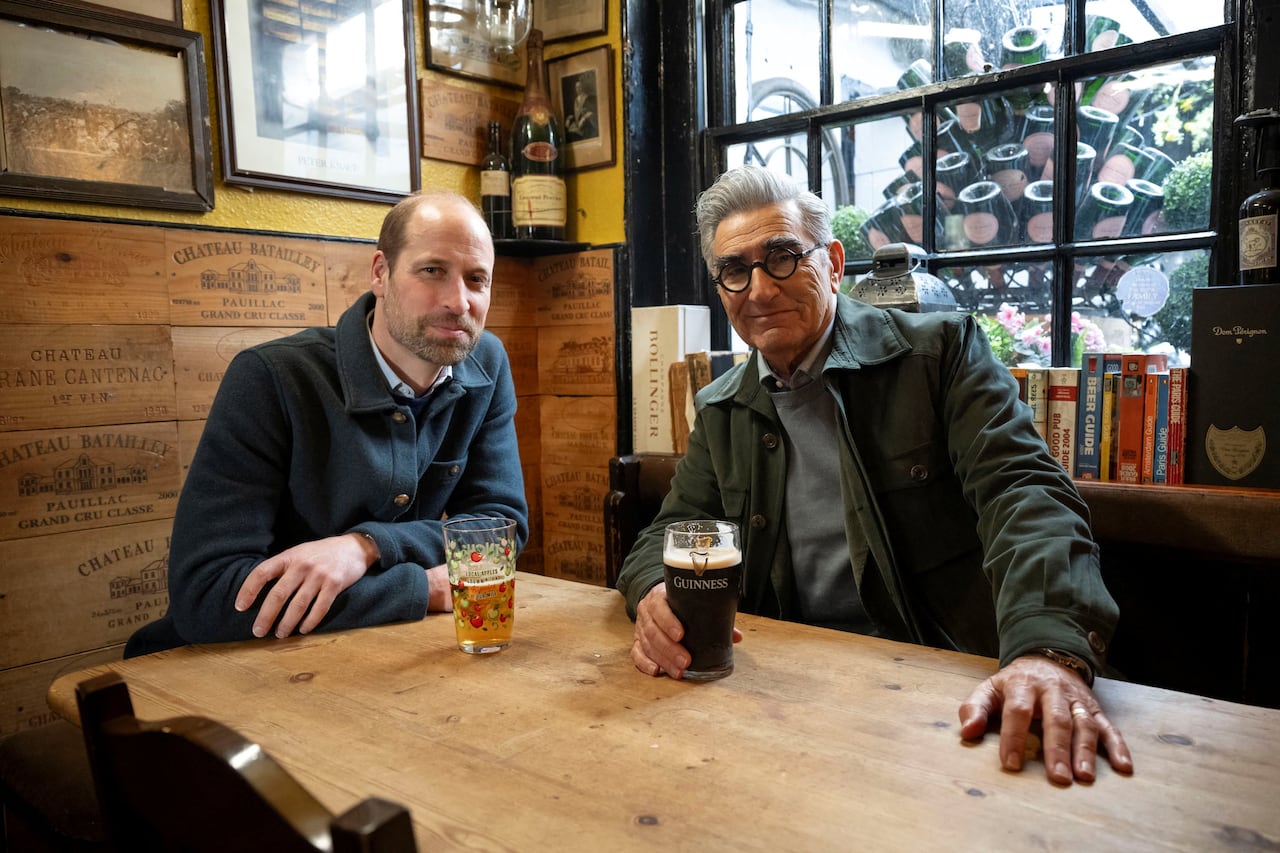
There is, however, reason for some caution, Kaul suggested, in royals engaging too freely with modern media forms.
“The role of monarchy in British public life has succeeded to some extent because they have appreciated the importance of tradition, the importance of continuity,” she said.
“And in fact, one of the most remarkable things about the successful monarchs has been how they have negotiated change while retaining the key elements of tradition and continuity.”
Vovk saw William offering a “much more personalized side” of himself in both of the recent small-screen appearances.
“Right off the bat, I was struck by what he was wearing. I was struck by his posture,” he said.
“He wasn’t dressed in a suit. He wasn’t dressed as Prince of Wales, he was dressed as William.”

The nature of the conversations also caught Vovk’s attention.
“He has made it clear that they are a family that talks about things … and that includes the hard conversations about life,” Vovk said.
“And I think that whether it’s the conversations in The Reluctant Traveler or the conversations with [Mannings], I think that is all consistent with the … personal style he’s going to be bringing.”
The monarchy of the past has widely been seen to operate from a position of never comment, never complain, never explain.
“I think we’re seeing signals that that is a motto that probably won’t be continuing under [William] in that exact way,” Vovk said.
A rare royal double act
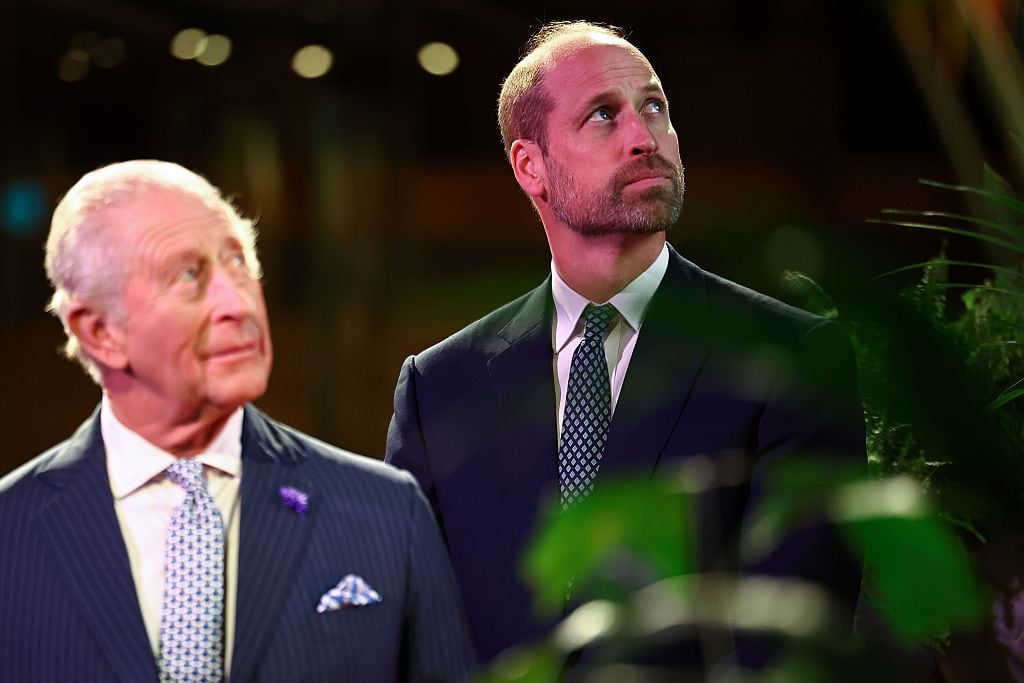
There was a rare royal double act the other night when King Charles and Prince William appeared together at a reception co-hosted by the U.K. government ahead of the COP30 climate summit next month.
While father and son are frequently seen together at family events and high-profile state occasions, it’s unusual to see them jointly doing day-to-day royal business.
“The fact that we saw them together I think was symbolic,” Kaul said.
“I think what’s been happening in the last few weeks in Britain, not just this event, but … in my view, it’s a very deliberate and conscious step up for William to be seen as the heir apparent in a more obvious way.”
There has been a lot of speculation in the U.K. recently regarding Charles’s health, she said.
“He certainly looks like he has lost a lot of weight, and he’s showing the strains of someone in their 70s undergoing cancer treatment.”
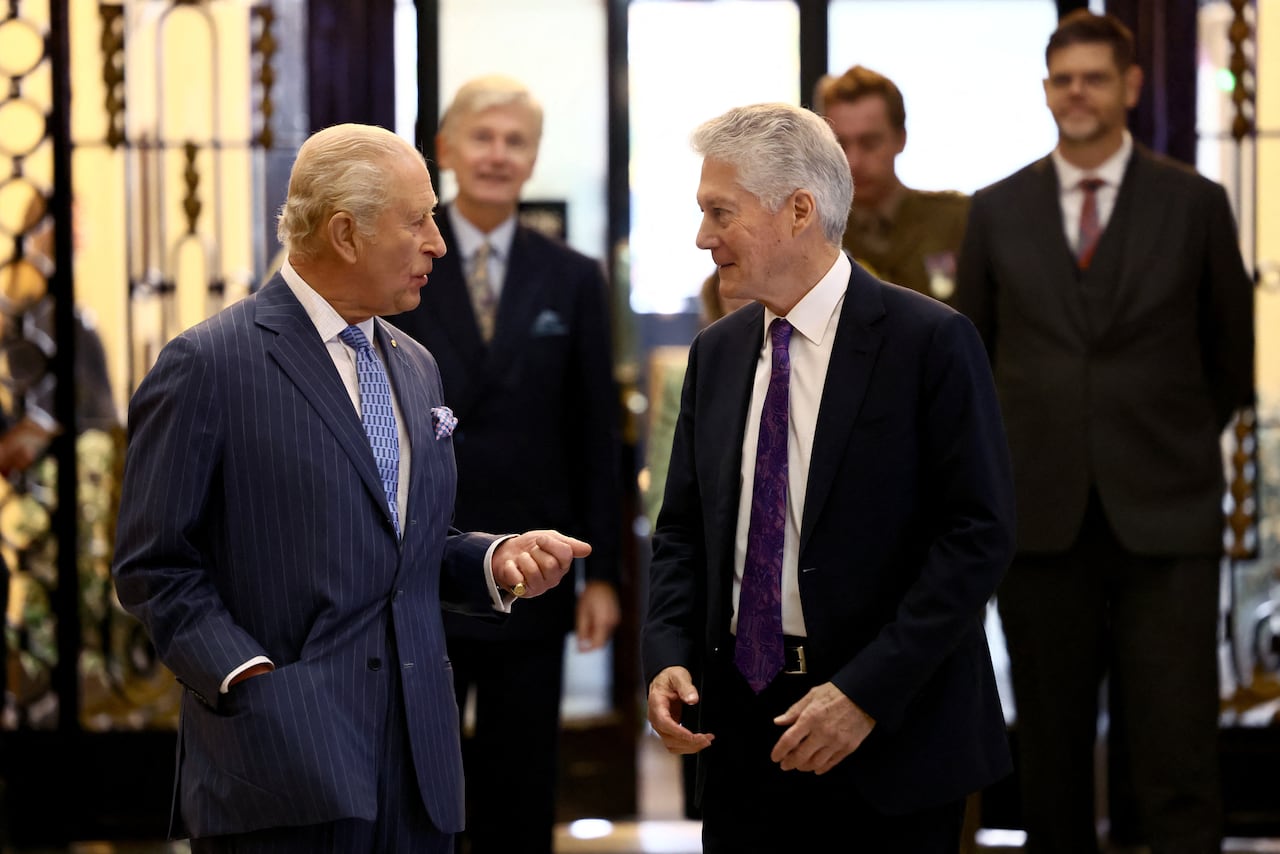
The messaging from the Royal Family, Kaul suggested, around Charles and William right now is “almost like saying, ‘We are in it together quite literally in terms of sharing monarchical duties,’ as opposed to [William] being the monarch-in-waiting.”
Both Kaul and Vovk saw the joint appearance as an opportunity for the two men to promote a cause — environmentalism — that is very important to them.
“The fact that they are both at this event together I think is a deliberate move to add extra weight to the importance of the event … [and] add extra weight to the issues surrounding the upcoming summit in Brazil,” Vovk said.
Kensington Palace announced last week that William will attend COP30 on Nov. 6 in Belém on behalf of Charles.
William will already be travelling to Brazil to attend the awards ceremony for his Earthshot Prize in Rio de Janeiro on Nov. 5. He’ll carry out several environmental engagements in Rio on the two days prior to the ceremony.
Charles and William seemed quite jovial at the pre-COP30 event, Vovk said.
“There’s a level of change taking place as the monarchy is becoming an institution that is starting to reflect the personal interests of its inhabitants a little bit more, still in a non-partisan way.”
A royal warning about too much screen time
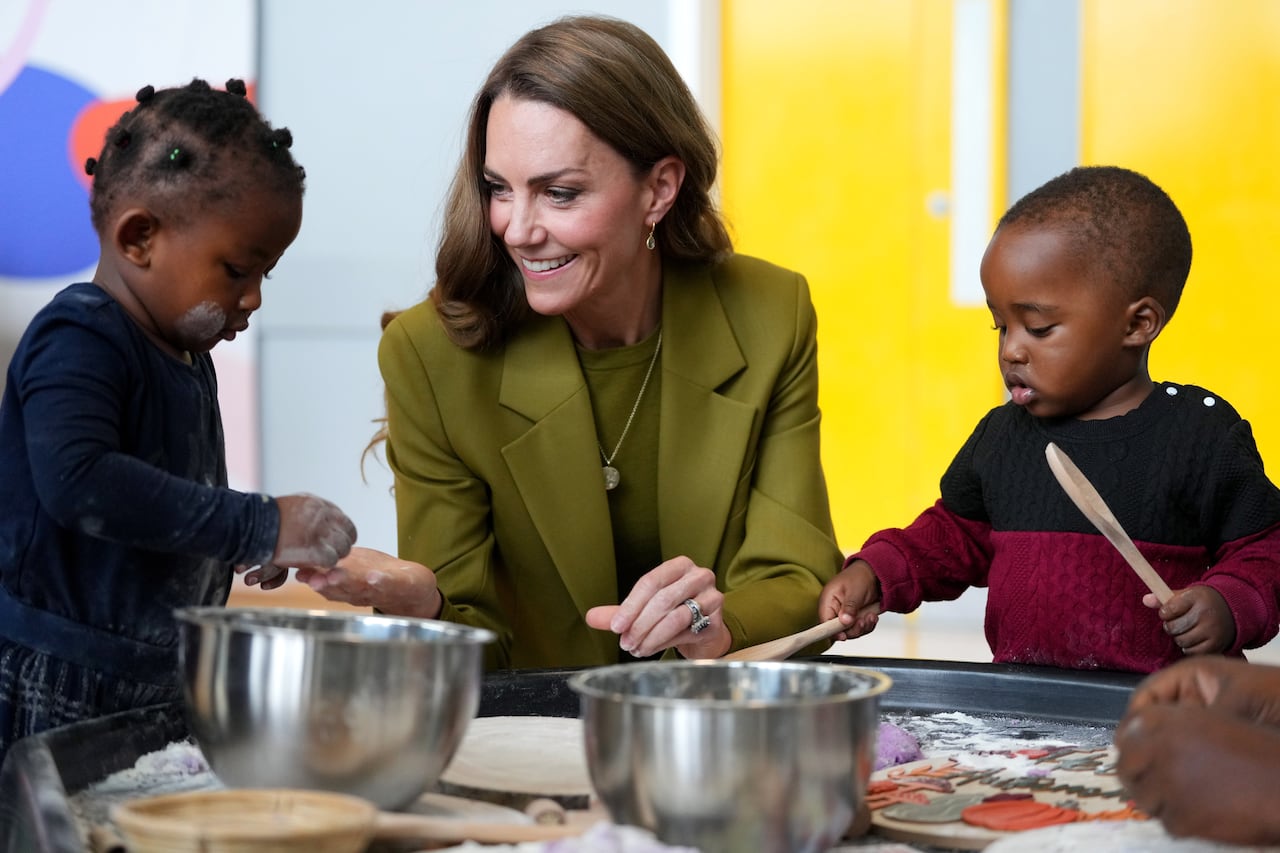
When Prince William was talking with Eugene Levy, he mentioned that his children don’t have cellphones.
A few days after that became common knowledge, Catherine, Princess of Wales, offered her own in-depth warning about how an overload of smartphones and computer screens takes a toll on family life.
“While digital devices promise to keep us connected, they frequently do the opposite,” Catherine writes in a lengthy essay in collaboration with Prof. Robert Waldinger of Harvard Medical School.
“Our smartphones, tablets and computers have become sources of constant distraction, fragmenting our focus and preventing us from giving others the undivided attention that relationships require.”
Vovk noted the timing of William’s comment going public followed relatively quickly by Catherine’s essay.
“I am sure that all of this to some extent was planned, and it all fits in with the family values that William and Catherine have espoused and their approach as parents.”
Catherine has had a long-established interest in early childhood development. Vovk sees the potential for her to expand her public focus.
“Much like William’s interview on The Reluctant Traveler, this could be the start of similar activities in the future from the Princess of Wales of her participating more directly in … certainly more mainstream child- and family-based issues that are non-partisan,” he said.
“On the surface, kids having screen time may not seem like something you’d expect the Princess of Wales to be engaging with, but when you actually look a bit deeper … there’s a lot going on behind the screen that actually is quite or can be quite serious.”
Kaul sees Catherine’s essay as part of the “complex messaging” coming from Kensington Palace.
“The fact that Kate is saying it does matter,” she said.
“More people are likely to listen in a certain demographic because it is Kate, because she carries not just the cachet of being a popular royal but also someone who’s trustworthy and who has really shown her mettle, shown her colours, over a period of time.”
Royally quotable
“It’s my happy place, I love flying.”
— Prince William, while reminiscing with some of his former air force colleagues.
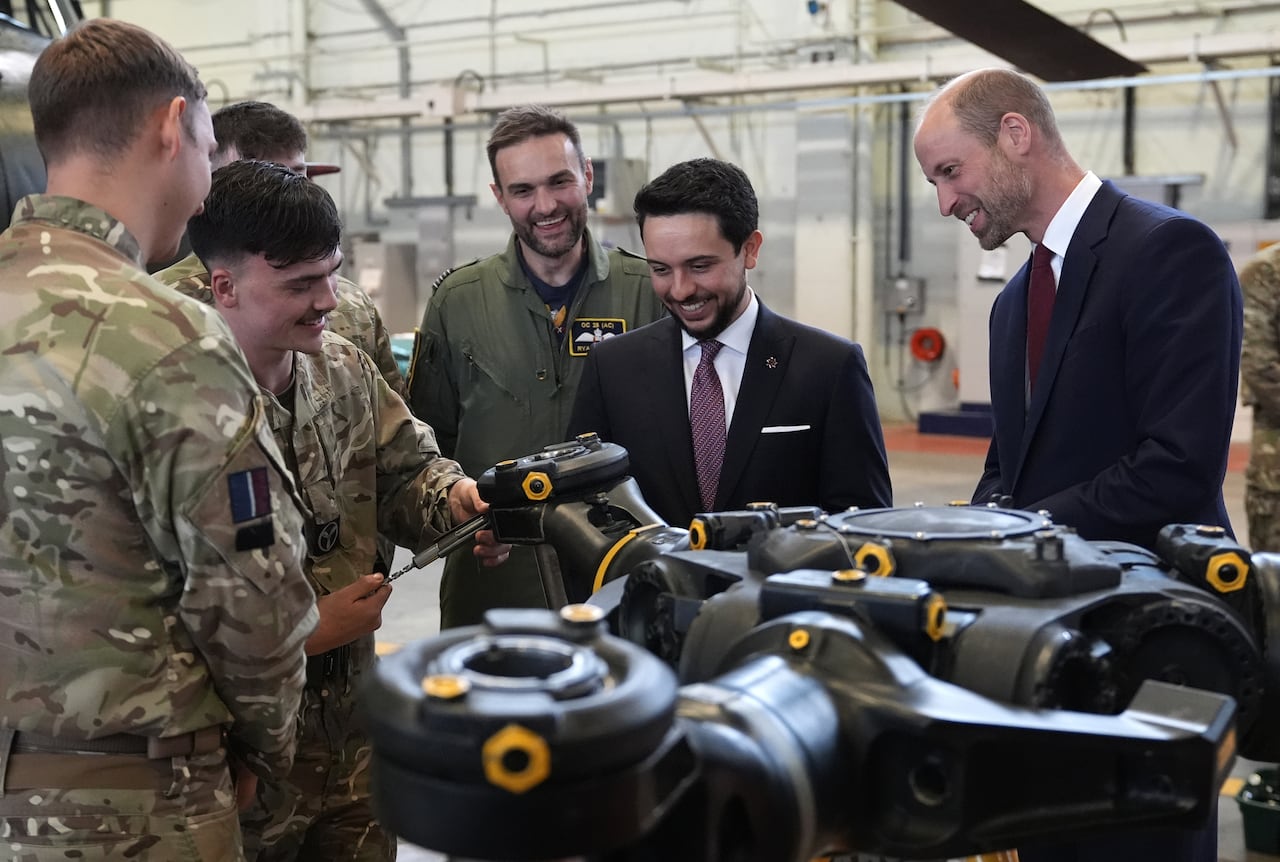
Royal reads
A widow who had tea with the Prince of Wales at her home in Cardiff to discuss her husband’s suicide called it a “whirlwind experience.”
The Prince and Princess of Wales took a trip on a fire engine and had a go at making potato apple bread during a visit to Northern Ireland. [Belfast Telegraph]
King Charles will urge people to work with nature, rather than against it, in his first-ever streaming documentary. [ITV]
Crime writer Peter James has revealed he was contacted by Queen Camilla to ask if she could be a central character in his upcoming novel. [BBC]
King Charles and Queen Camilla have received miniature Lego versions of themselves as they met their “good neighbours” at a community hall in Scotland. [BBC]
Prince Louis was forced to decline a chance to take up his first official role as a working royal — as a patron of the World Conker Championships. [Daily Mail]
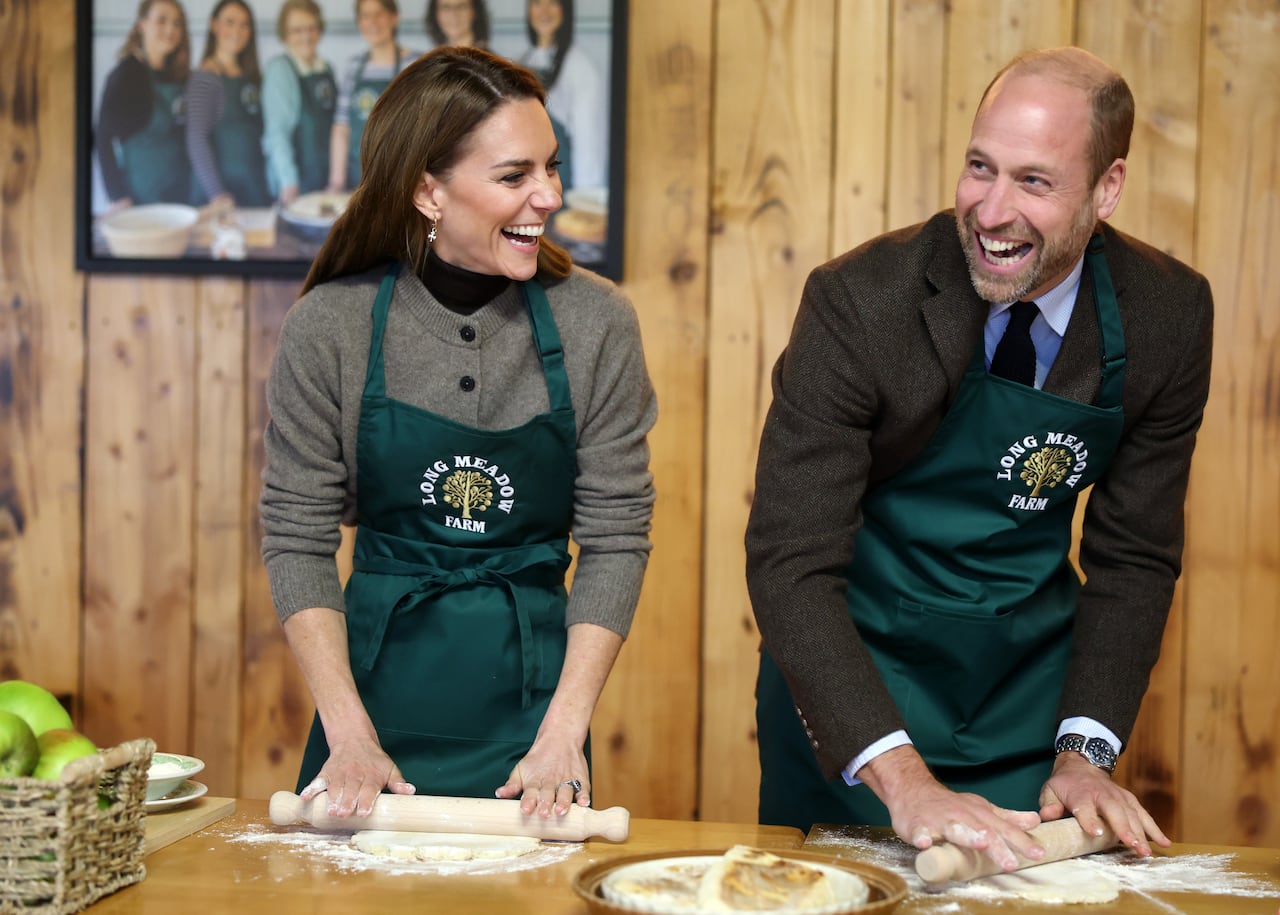
Source link




